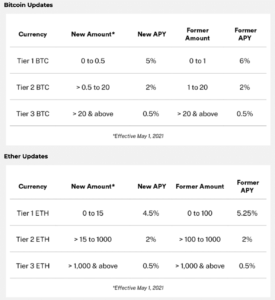
The Sydney-based Arkon Energy secured $28 million in a recent funding round to expand its renewable energy Bitcoin mining operations despite the volatile market.
The turbulent climate of the crypto industry is not putting a full stop to builders in the space. Arkon Energy, an Australian renewable data center infrastructure company, recently raised millions to expand its Bitcoin (BTC) mining operations and acquired another European-based data center.
The funding round was completed with $28 million raised by the data center infrastructure company, which uses 100% renewable electricity to mine BTC. Arkon extracts renewable power trapped in electricity markets to sustainably lowers its costs.
Arkon CEO Josh Payne said this type of market creates the perfect storm for growth due to many factors:
“The current market climate, with low prices for Bitcoin and mining equipment, offers a compelling opportunity to take advantage of our unique profitability and access to growth capital.”
In addition, Arkon acquired one of Norway’s leading renewable energy-based data centers, Hydrokraft AS, as a part of a larger plan to create a “vertically integrated green Bitcoin mining platform.”
However, on Oct. 6, the Norwegian government proposed eliminating the reduced electricity tax available for BTC miners in the country. The country’s finance minister said the power market is in a completely different situation now compared with when it first initiated the tax break in 2016.
Similarly, in the Canadian province of Quebec, the energy manager for the region asked the local government to cut power from crypto miners due to high energy demands.
Related: Bitcoin miners rethink business strategies to survive long-term
The current market downturn and industry turmoil have created a rough environment for many companies in the space.
One recent example is BTC miner Iris Energy, which is now facing a default claim worth $103 million from creditors in the United States. A filing with the U.S. Securities and Exchange Commission on Nov. 7 alleges that the company failed in restructuring to meet payment deadlines.
The Hashrate Index recently released its Q3 mining report, which revealed low hash prices alongside soaring energy costs made the quarter particularly rough for the mining industry. After BTC dropped below $20,000 in September, hash rates climbed to a new all-time high on Oct. 3.
Amid the doom and gloom, some companies are pushing forward. Chinese BTC miner Canaan recently announced plans to scale its operations globally and include new research and development projects.





















